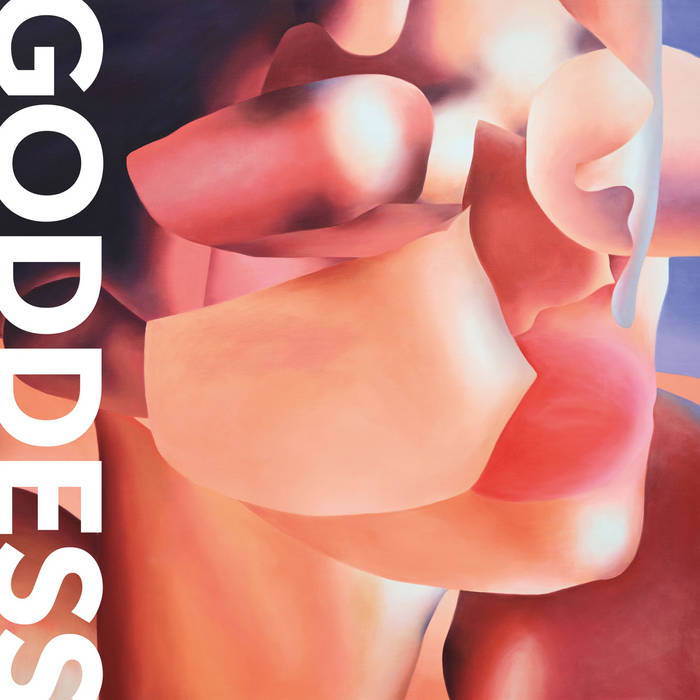Very few music lovers would welcome a drummer-less universe, yet solo ventures by percussionists tend to be an acquired taste. Even if you are drawn to the skins, drums taking centerstage can be strong medicine (one that I happen to love, as it happens), so it will probably be a relief to most listeners that Goddess, while devised by a drummer, owes nothing to such purism. Nor is the project a ruse to move a band member traditionally sat at the back to the foreground, in an act of egotistic overcorrection, harking back to the days when Ringo and Keith went solo in search of the acclaim traditionally afforded their frontmen.
Fay Milton, formerly of Savages, is one of the most expressive and exuberant drummers of her generation, a fact not altogether obvious on Goddess, where the drums are mostly programmed and when they are not, carefully deployed to support her guest vocalists. Nothing on here has the sheer attack of Milton’s playing with her former group, and despite producing and arranging the record, she exercises her influence through her inspired choices of who appears on Goddess, and not by singing herself.
The conceptual premise of the album would probably cause Ginger Baker to drop his sticks. Milton has curated the album with a view to explore ‘feminine energy’, addressing lust, longing, planetary entropy and everything else in-between. The record brings together a roster of upcoming female talent, and boldly shreds the prejudices of any listener who thinks narrowing the franchise on a record will limit its musical wallop. Goddess doesn’t stick to one style, and though there are echoes of Gibbons, Del Rey and Sade, the album’s coherence comes from its themes and overall mood and not by remaining within a single niche. Female sexuality is handled in a way Grace Jones would have recognised. The no-nonsense coldness of ‘Fuckboy’ is delivered by Salvia with a robotic carnality the ‘boy’ in the song is unlikely to be any match for. The same is true of the single ‘Animal’, sung by Delilah Holliday, a hymn to instinct where the singer faux-apologises for being a more compelling object of desire than her lover.
Elsewhere the album tends more to self lacerating 4am reflection, than the rush and euphoria of the night before. Songs of bruised ambivalence are set to spare string arrangements, the spotlight moving from guest to guest, slowly building a powerful collage of different and adjusting perspectives, that constitute a deeply personal collective experience. The closing track, ‘22nd Century’, written by Exuma but immortalised by Nina Simone, is the kind of epic belter that would fit into the Brel/Walker axis. Simone approached it as a chattering elegy, which would suit the template of this album too. Instead Harriet Rock unleashes the fire within, singing it with defiant and loving optimism, not as an indictment of our recent history, but as a call for us to come out the other end and affirm existence in all its complicated glory.


